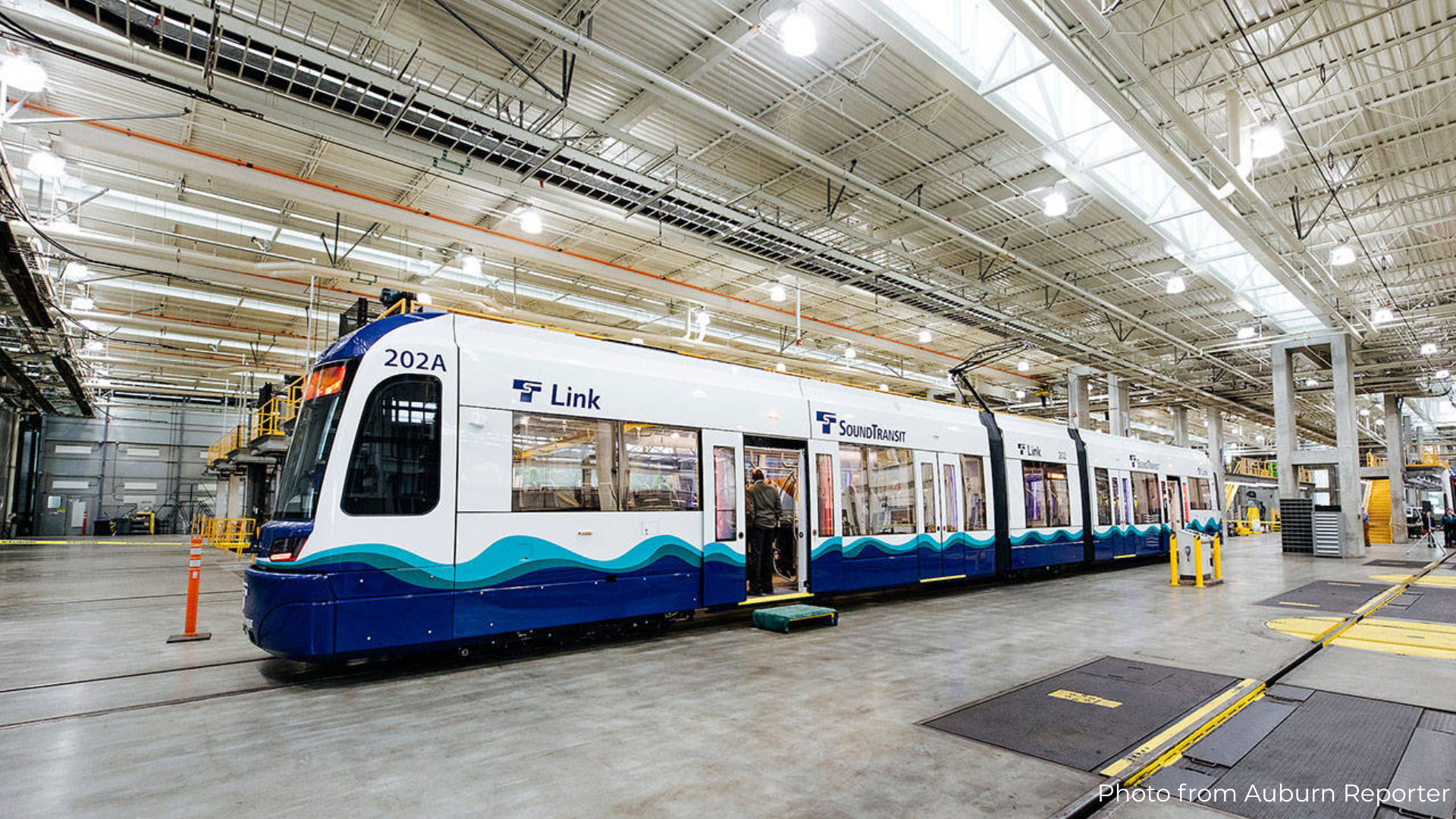 Download the complete Legislative Brief here.
Download the complete Legislative Brief here.
Key Facts
- Though traffic congestion relief is a policy goal, WSDOT officials are pursuing the policy of managing, rather than reducing congestion. Between 2011 and 2017, traffic delays increased 108 percent.
- There are bills being considered during the 2020 legislative session that would change the state’s transportation policy goals; most of the legislation seeks to dilute the goals even further.
- House Bill 2688 and its companion, Senate Bill 6398, would remove and replace existing goals with redefined and expanded policy goals that include: accessibility, safety, environment and climate, health and resilience, equity and environmental justice, preservation, and economic vitality. Most notably, this legislation would remove the goal of mobility and congestion relief and would shift power from the Legislature to cabinet agencies for funding transportation projects.
- Legislation that limits legislative authority to fund transportation projects, removes the goal of mobility and congestion relief from the state’s transportation policy goals, and expands the goals so that WSDOT would be nearly unrecognizable as a road and bridge agency – is legislation that seeks to impose unpopular and contradictory political ideology rather than meaningful transportation policy.
Background
Traffic relief is the most basic goal of any transportation policy and is one of the core responsibilities of the Washington State Department of Transportation (WSDOT). It is the role of state transportation agencies to build safe roads that respond to public demand for capacity and mobility. In 2000, two final recommendations to the Governor and Legislature from Governor Locke’s Blue Ribbon Commission on Transportation included the following:
- Traffic congestion on urban interstate highways will be significantly reduced and be no worse than the national mean.
- Delay per driver will be significantly reduced and be no worse than the national mean.
Establishing the reduction of traffic congestion and driver delay as a goal effectively tied transportation spending to increased mobility.
![]() Continue reading the complete Legislative Brief here.
Continue reading the complete Legislative Brief here.




